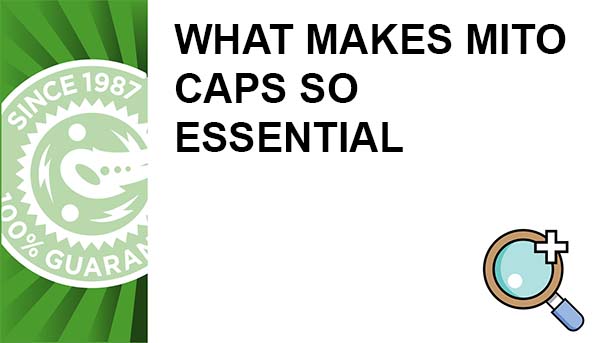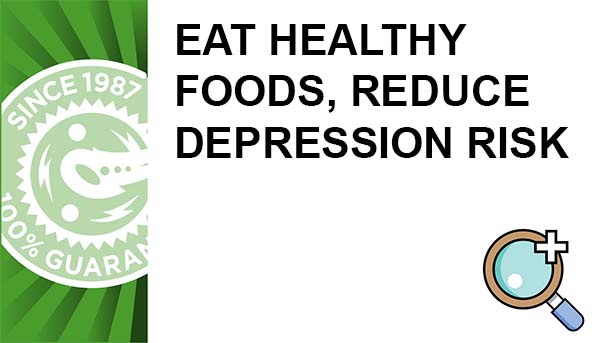Q: What is polyethylene glycol, an ingredient found in numerous effervescent electrolyte products?
Polyethylene glycol (PEG) is a petroleum-derivative compound that is made from ethylene glycol (ethane-1,2-diol), the main ingredient in antifreeze. PEG can be found in a number of other products, including skin creams and personal lubricants, and as a food additive for anti-foaming purposes. Additionally, PEG is the active ingredient in a number of medications prescribed for treating constipation. In the case of an effervescent electrolyte product, it is used as a lubricating agent.
Although the toxicity of PEG is considered to be low, the questions you should ask yourself are:
- "Do I really want to ingest a compound that is the same thing found in antifreeze?"
- "Do I really want to ingest something that is used in treating constipation and could potentially cause some unpleasant stomach issues during my workout or race?"
Your answer to both questions should be a resounding "No!" Why put something in your body that will not benefit your health or your athletic performance, especially when a healthier, safer alternative exists?
In Endurolytes Fizz, you won't find PEG. Instead, we use avocado oil as a lubricating agent, which is undoubtedly a healthier choice.
There are two other substances that are found in many effervescent electrolyte products, but not Endurolytes. Like PEG, you will want to avoid these as well!
Acesulfame K - Up to 200 times sweeter than table sugar, this artificial sweetener has been around a long time; it has been an FDA-approved sweetener since 1988. Like other artificial sweeteners, the debate rages on as to whether or not it is safe to consume. While the FDA has set an acceptable daily intake (ADI) of up to 15 mg/kg of body weight per day - for a 165-lb athlete that would translate into a little over a gram per day - we at Hammer Nutrition take a "zero tolerance stand" regarding the consumption of artificial sweeteners. As it is with PEG, if it's not going to benefit your health or athletic performance, and in fact may hurt both of them, why would you ever want to ingest it?
What do we know about Acesulfame K? We know that the few safety tests done on this artificial sweetener were done in the '70s (quite a long time ago) and that many organizations, including The Center for Science in the Public Interest (CSPI), consider those studies to be too brief and their quality mediocre. The need for further testing of Acesulfame K seems to be abundantly clear; however, at this time the FDA has not required it.
We also know that Acesulfame K (the "K" is the chemical symbol for potassium) contains a carcinogen known as methylene chloride (a.k.a. dichloromethane). This chemical is the propellant used in many aerosol products, and it's also used in the manufacture of paint stripping products, paint removal products, adhesives, and more. Long-term exposure to methylene chloride is believed to be linked to several health disorders including headaches, depression, nausea, mental confusion, and others. This carcinogen can negatively affect the liver and kidneys, as well as cause cancer.
Thanks to the lack of testing, we don't know with 100% assuredness what the toxicity of Acesulfame K is. Why take chances, though, especially given the fact that it contains a known carcinogen, and that there's a very distinct possibility that this artificial sweetener has a number of potentially negative health effects? For sweetening a product, there are much safer alternatives, such as sorbitol and stevia, which are what we use in Endurolytes Fizz.
Sucralose - Don't be fooled by this seemingly benign substance. While sucralose may begin as a sugar molecule, the end product is a synthetic chemical with a chlorinated core. Making sucralose involves a five-step process in which three chlorine molecules are added to a sugar molecule. This chemical process alters and converts the chemical composition of the sugar so much that it ends up being a type of molecule that does not occur in nature.
Dr. Bill Misner makes answering the question "Should I consume sucralose?" quite easy in stating, "This artificial sweetening ingredient is possibly worse than the processed simple sugars it replaces. It is difficult to imagine that a synthetic chlorinated disaccharide is an improvement."
Note: For more information about sorbitol, please see the FAQ "Why do you use sorbitol in Endurolytes Fizz?"
Summary
Always remember that what you put into your body plays a monumental role in determining your athletic performance and more importantly, your health. For 30+ years and counting, we have never deviated from this position. You shouldn't either! PEG? Acesulfame K? Sucralose? We are convinced that these substances have absolutely no business in your body, which is why you'll NEVER find them in any Hammer Nutrition product, including Endurolytes Fizz.









3 comments
Hi Georgena, thank you for your question. I would say vegetables and avocados are my favorites. BDF
It is madness that the public is “blind” to these results. There is enough GMO products that is causing problems along the way, such as cancer. I feel sorry for our future generations.
This is why we need to bless our food before we consume it and apparently other items we consume.
God bless America
thank you